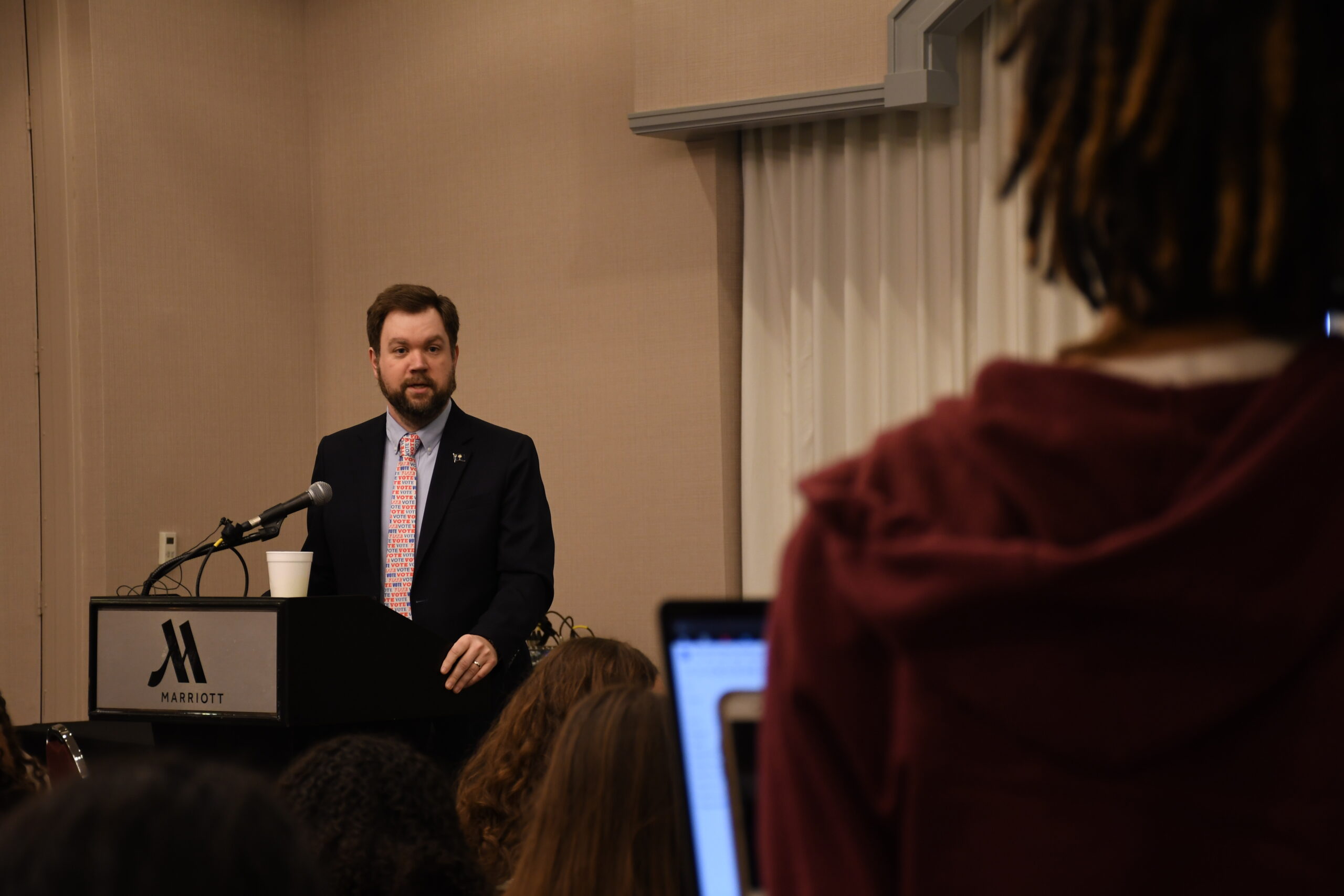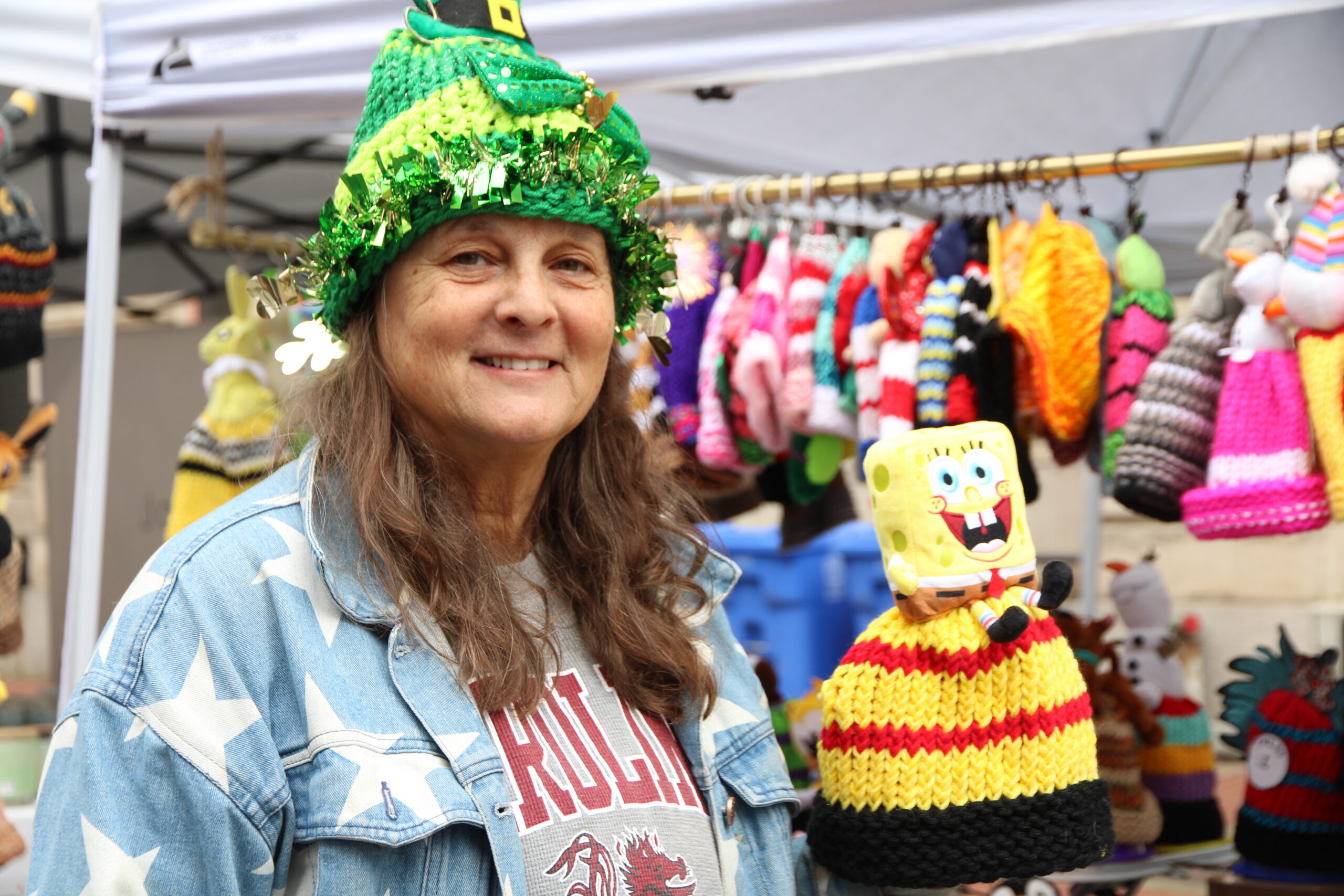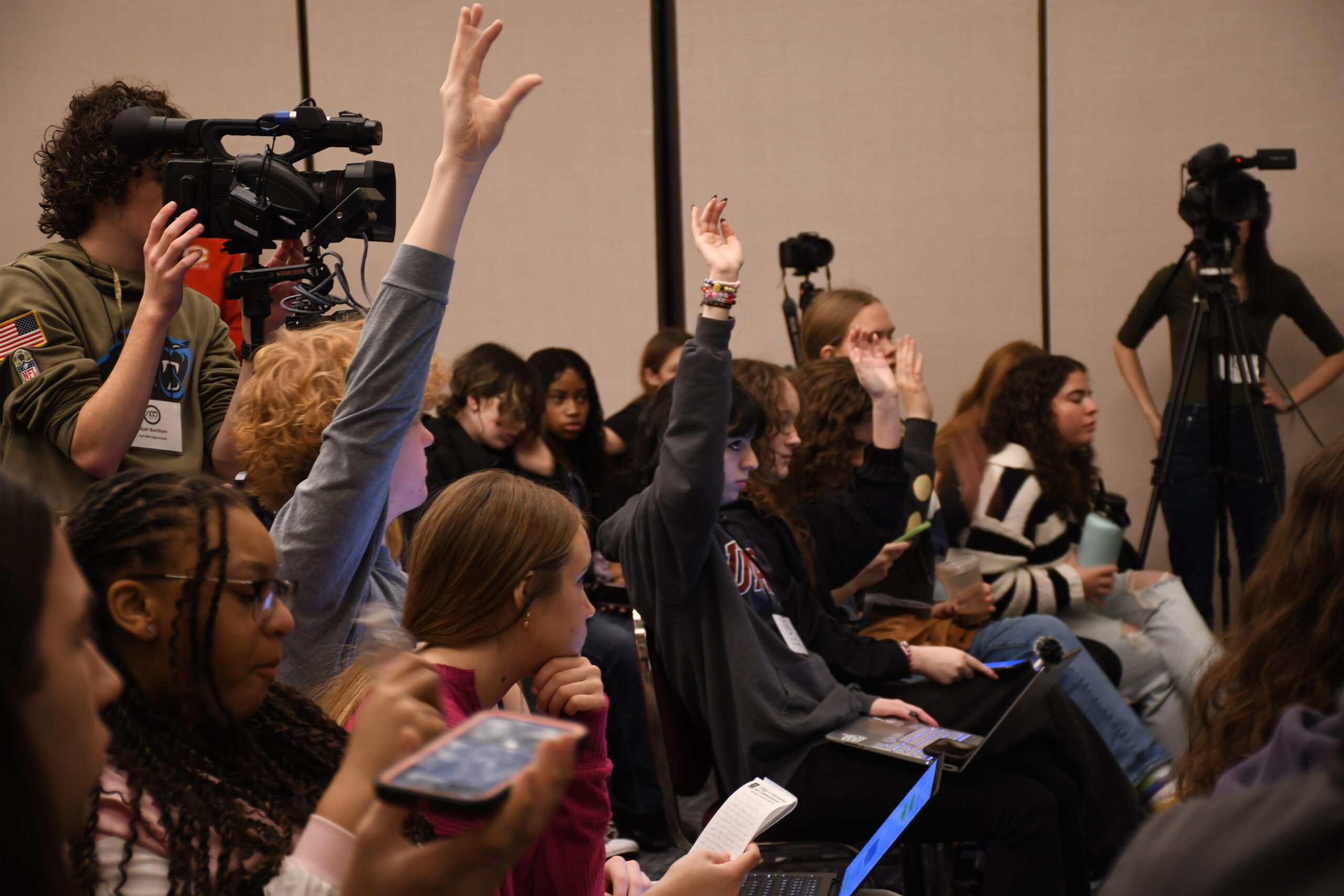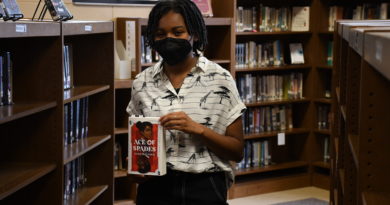Shifting the ballot
By: Aislynn Chau, Lilly Cohen, Wendy Flores, Ericka Wilson
In past elections, voting wasn’t always easy for younger generations. Uncertainty and lack of information can create a stalled sense of fear in the youth, turning them off to the idea of casting their ballot. With social media being the biggest news source of our time, young voters can feel intimidated by the overwhelming volume of controversial information. Lack of proper education affects the beliefs and ideas projected on Election Day.
TJ Lundeen, Director of Public Information and Outreach, works with youth transitioning from colleges to high schools educating students on what it means to vote while offering encouragement.
“I think the main thing for people to understand is that voting shapes the future. It’s the opportunity to see maybe a hopeless climate right now and change that within a four or eight year cycle depending on how elections turnout. It’s the opportunity to get those candidates that you like elected but those people in office who you think will make the change that you want to see,” Lundeen said.
Voters in South Carolina have equal and open opportunities to cast their ballot and vote. Primary and municipal elections are held to represent voters’ stance on politics. Moreover, Lundeen claims younger generations often feel like they’re choosing between the lesser of two evils. With conflicting feelings towards candidates, representation is an important part of reducing voter apathy in the youth.
“Here in South Carolina, we have open primaries and we saw a significant number of people who would identify as a Democrat voting in the Republican primary to cast their ballot for specific candidates based on not wanting another candidate to win that race,” Lundeen said. “So I think that’s something that it’s a bit of a strategic play to go out and vote in that way.”

In the past, transportation and work have gotten in the way of many young voters. South Carolina made early voting and absentee ballots available in 2022 with the passing of Act 150. This change allows for more people to be able to vote as they have a two week early voting period, so work or transportation limitations are not such an issue.
“Youth did not really take advantage of early voting…that’s something that as we increase the awareness of voting early and absentee, we anticipate seeing that trend go upwards for the youth,” Lundeen said.
Cat Bowman, an 18 year old who plans on voting in this election, has a lot to think about when it comes to who she votes for. Some of her peers who are her age share common concerns.
“So I’m actually in government economics class right now. We’re on our economics unit, so we talk a lot about (politics and voting) in there with our classmates…recently, our biggest concern is the age of our presidential candidates…It’s ridiculous that there’s a chance they could both die when they’re in office,” Bowman said.
Some people and politicians such as Vivek Ramaswamy, a former Republican presidential candidate, think the age should be raised to 21. Bowman disagrees with this sentiment.
“If I am considered a legal adult, I should be allowed to legally vote because I think you’re gonna have people radically voting no matter what their age is,” Bowman said.



Older generations may find themselves concerned about younger voters, whether it’s their naivety, use of social media, or political opinions. Risa Wilson, a 63-year-old woman who consistently votes, sees that younger voters can be quick to assume.
“You can’t believe everything you read on the internet. You can’t believe everything you hear on the news. You have to dig yourself…you have the world at your fingertips, yet people still make the same mistakes,” Wilson said.
Though, she also thinks that the current youth tend to be free-thinkers in politics, and open to changing their views. Open mindedness plays a role in the trajectory of youth voters today.
“When the climate changes and things are exposed, I think they are open minded enough to go ‘Oh, that’s not what I thought it was,’” Wilson said.
Overtime, our political landscape will change if we see more youth voting. The more people that vote, the more accurately representative our president or congress will be. Lastly, Wilson highlights the difficulty of making a decision on election day for young voters.
“Sometimes you have to make the hard decisions and do what’s right” Wilson said.




